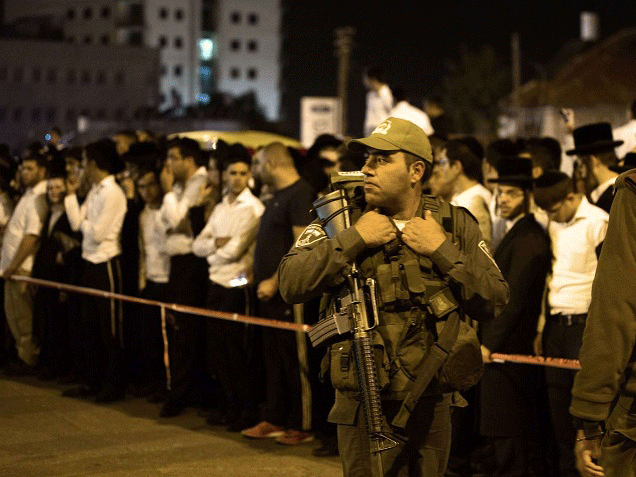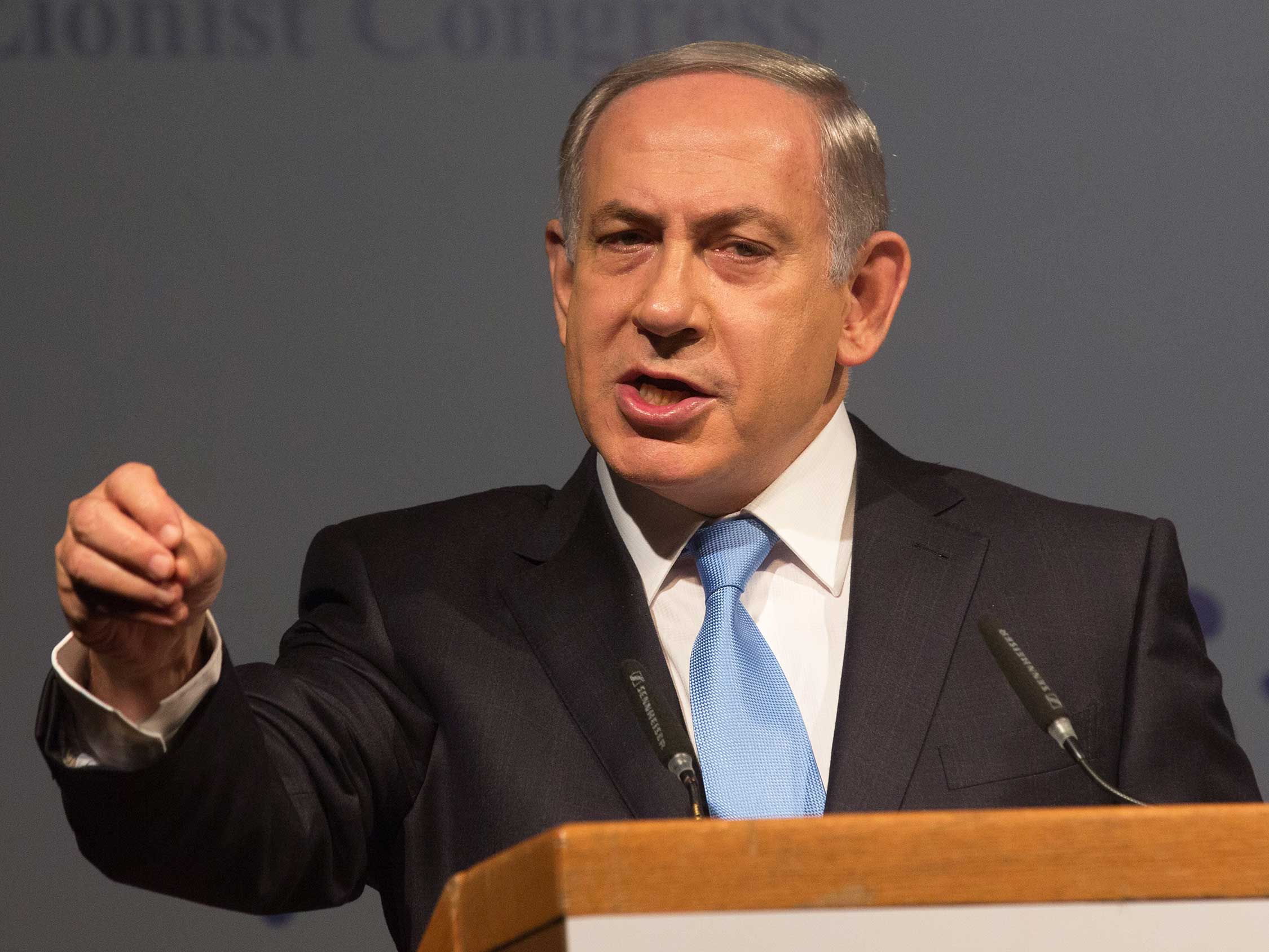Jewish man mistaken for a terrorist shot dead by Israeli soldiers
The month-long wave of Israeli-Palestinian violence in Jerusalem continues

Your support helps us to tell the story
From reproductive rights to climate change to Big Tech, The Independent is on the ground when the story is developing. Whether it's investigating the financials of Elon Musk's pro-Trump PAC or producing our latest documentary, 'The A Word', which shines a light on the American women fighting for reproductive rights, we know how important it is to parse out the facts from the messaging.
At such a critical moment in US history, we need reporters on the ground. Your donation allows us to keep sending journalists to speak to both sides of the story.
The Independent is trusted by Americans across the entire political spectrum. And unlike many other quality news outlets, we choose not to lock Americans out of our reporting and analysis with paywalls. We believe quality journalism should be available to everyone, paid for by those who can afford it.
Your support makes all the difference.Israeli soldiers killed a Jewish man they believed to be a terrorist, the day before two Arab attackers were shot by police for stabbing an Israeli. It is the latest incident in a month-long wave of violence in Jerusalem.
Israeli police said soldiers shot the Jewish man dead on Wednesday after he attacked them, according to the Associated Press.
Mickey Rosenfeld, a police spokesman, said the soldiers had asked the man for his ID, but he refused to produce it and instead attempted to snatch a soldier’s weapon. A private security guard and one of the soldiers then opened fire.
Police said the soldiers claimed that before he was shot dead, the man proclaimed he was a member of Isis.
"The soldiers had high suspicions that he was a terrorist," Mr Rosenfeld said. Police later confirmed that the man was a 28-year-old resident of Jerusalem.
The incident was followed the next day by the killing of two Arab attackers, who Israeli police said they shot because the men had stabbed and injured an Israeli man.
Weeks of violence has gripped the region and seen 10 Israelis killed in stabbing attacks and 47 Palestinians or Arab citizens killed, including 26 identified by Israel as attackers.
Earlier in the week, a 65-year-old Palestinian woman is reported to have died after being delayed getting to hospital by roadblocks and a checkpoint put in place by Israeli police in east Jerusalem.

According to Human Rights Watch, the actions of Israeli police turned what should have been a six-minute journey into one lasting 45 minutes.
Roadblocks were set up by Israeli police last week following the number of stabbings and shootings of Israeli citizens and security forces.
“The delay in Hoda Darwish reaching the hospital raises questions about the checkpoint and road closure regime that Israel is establishing in East Jerusalem,” said Sari Bashi, Israel/Palestine director at Human Rights Watch.
“Israeli police face tough public safety challenges, but people with medical emergencies need to be able to access care quickly.”
The woman had reportedly complained of breathing problems after a teargas canister exploded near her home.
Human Rights Watch said the incident raised concerns that travel restrictions in place in Jerusalem may be violating people’s right to health and freedom of movement.
It said the Israeli authorities had sealed off roads leading from 10 Palestinian neighbourhoods in East Jerusalem, but no roads leading out of Israeli settlements.
Ms Bashi added: “Security measures to protect against attacks should be proportional. Israel should take care to ensure that any restrictions do not prevent timely access to health services.”
Amid the continued violence, Israeli Prime Minister Benjamin Netanyahu came under fire after telling the 37th World Zionist Congress that he was convinced a Muslim leader had told Adolf Hitler to exterminate Europe’s Jews.
Mr Netanyahu said Haj Amin al-Husseini, the Grand Mufti of Jerusalem, had discussed the issue with the Nazi leader when they had met in November 1941.
“Hitler didn’t want to exterminate the Jews at the time, he wanted to expel the Jew," he said. "And Haj Amin al-Husseini went to Hitler and said ‘If you expel them, they’ll come here (to Palestine)’.”
According to Mr Netanyahu, Hitler then asked: “What should I do with them?”. To which the Mufti replied: “Burn them.”
His comments have been condemned by Israeli historians and the country’s politicians, and prompted Germany’s Chancellor Angela Merkel to reiterate that Germans were “very clear in our minds” that the Nazis were responsible for the Holocaust.